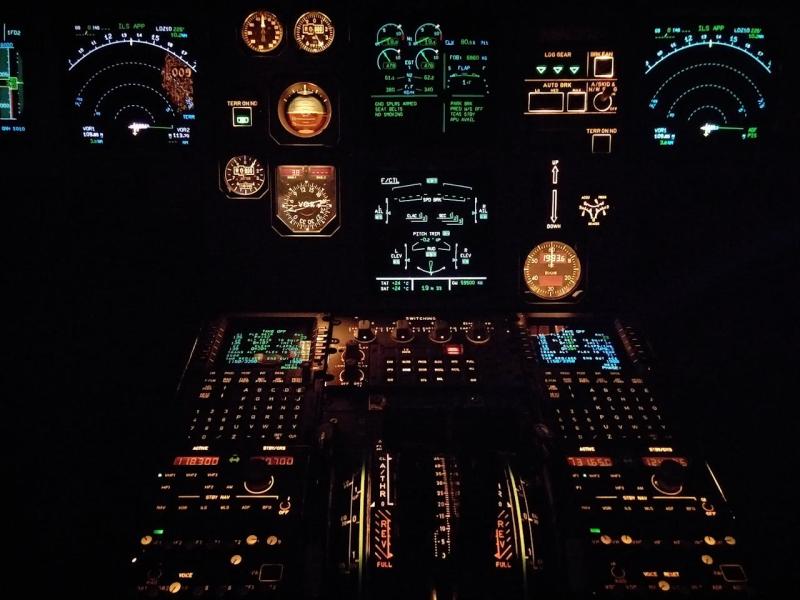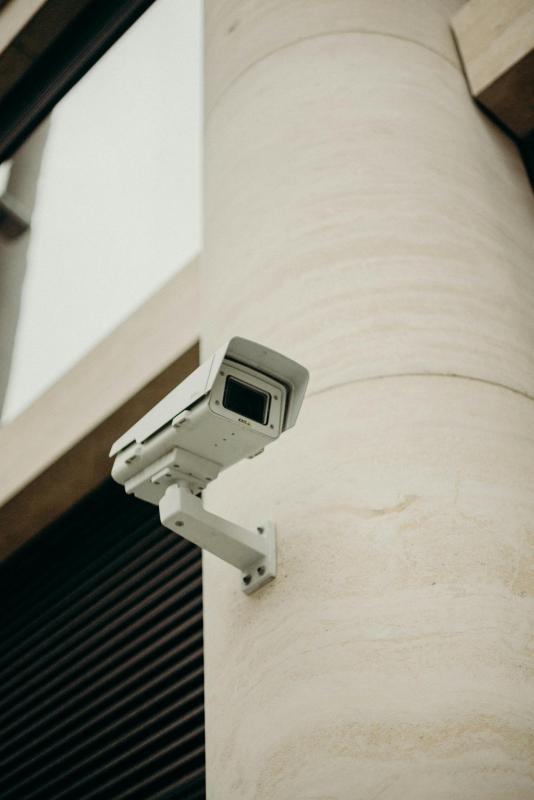Everything Pilots Need To Know About Airplane Batteries

Although engines and avionics usually take the front stage, the airplane battery is a silent yet essential component of aircraft. These batteries, which are designed to provide backup power, assist during startup, and stabilize electrical systems, play an important role in flight operations. Understanding their function, maintenance, and role in aviation is critical for all pilots and operators.
The Role of Batteries in Starting and Supporting Aircraft Systems
The systems of an airplane depend on an aircraft battery to function both in emergencies and during startup. Batteries are responsible for energizing important parts such as avionics, illumination, and the auxiliary power unit (APU) as an aircraft starts its pre-flight procedure. They are essential in maintaining seamless operations from the ground up since they provide the initial surge of energy needed to start the engines. Beyond startup, these batteries provide emergency power ready to run vital electrical systems during generator or alternator breakdowns. Especially in unanticipated conditions, important systems, including communication, navigation, and flight controls, could suffer without a dependable battery.
Types of Batteries Used in Aviation and Their Distinct Characteristics
Two primary types of batteries are lead-acid and nickel-cadmium (NiCad), used in aviation. Each has special features that fit particular aircraft and operational demands. Often found in smaller general aviation aircraft, lead-acid batteries are reasonably priced and dependable. They provide adequate power for routine operations while being simple to maintain and cost-effective. On the other hand, because of its great energy density and lifetime, nickel-cadmium batteries are extensively utilized in commercial and bigger aircraft. Larger power loads would find these batteries perfect since they manage high discharge rates without sacrificing their performance.
Maintaining Batteries for Optimal Performance and Longevity
Proper maintenance is required to keep aircraft batteries functioning at their best. Identifying problems such as corrosion or weakening connections that can affect dependability depends on routine inspections. Checking charge levels, cleaning terminals, and ensuring safe mounting assist in lowering the danger of malfunction during flight. Periodic capacity testing to gauge power holding and delivery over time is another aspect of battery servicing.
Challenges of Battery Management in Extreme Aviation Environments
Airplanes often operate in harsh environments, ranging from freezing altitudes to scorching tarmacs, and these conditions directly impact batteries. Their performance is greatly influenced by temperature; high heat speeds wear while cold circumstances reduce capacity. Under such taxing conditions, battery life and dependability depend on proper storage and temperature control. Understanding these challenges helps you to use techniques including using temperature-regulated storage systems or preheating batteries in cold situations.
The Future of Aircraft Batteries in Sustainable Aviation
As the aviation industry moves toward sustainability, advances in battery technology have transformed the landscape. Lithium-ion batteries, known for their lightweight design and high energy density, are increasingly being used in electric and hybrid aircraft. These developments seek to lower reliance on fossil fuels and contribute to greener skies. Manufacturers are also looking at solid-state batteries, which offer better safety, longer lifetime, and more energy storage capacity. As these technologies evolve, they have the potential to transform both traditional and emerging aviation platforms.
Conclusion
Airplane batteries are more than just auxiliary components; they are critical to every aspect of flight, from engine start to emergency response. Their influence touches on aspects like safety, efficiency, and the direction of aviation sustainability in addition to running systems. Understanding their operation and maintenance not only ensures smooth day-to-day operations but also prepares you for the industry's changing demands.








